Elder Abuse Awareness
June 15th has been designated World Elder Abuse Awareness Day by the United Nations. I am dismayed by the number of financial elder abuse cases that I have handled. Most distressing are the cases when people who have been in love or familial relationships yet are taken advantage of for hundreds of thousands of dollars. We need to not only take notice but put precautions and safeguards in place.
Mistreatment of the elderly is taking intentional actions that result in the harm or risk of harm to an elderly person by a trusted person or caregiver of an elderly person. Mistreatment can be acts of commission or acts of omission, which is the same thing as neglect.
About 90 percent of perpetrators of elder abuse are family member, including spouses, adult children, partners and other relatives. The incidence of abuse is higher if the family member suffers from drug or alcohol abuse, have some type of mental illness, or feel burdened by the care of their loved ones.
As elder abuse is a “silent condition”, as no one knows exactly how many of our nation’s elderly are being exploited, neglected or abused. Evidence suggests that there are thousands of elderly people being harmed in the U.S. every day, but no official statistics exist.
Elder abuse is an intentional act or failure to act that causes or creates a risk of harm to an older adult. An older adult is someone age 60 or older. The abuse occurs at the hands of a caregiver or a person the elder trusts.
Frequently recognized types of elder abuse include:
Physical—This occurs when an elder experiences illness, pain, or injury as a result of the intentional use of physical force and includes acts such as hitting, kicking, pushing, slapping, and burning.
Sexual—This involves forced or unwanted sexual interaction of any kind with an older adult. This may include unwanted sexual contact or penetration or non-contact acts such as sexual harassment.
Emotional or Psychological— This refers to verbal or nonverbal behaviors that that inflict anguish, mental, pain, fear, or distress on an older adult. Examples include name calling, humiliating, destroying property, or not letting the older adult see friends and family.
Neglect— This is the failure to meet an older adult’s basic needs. These needs include food, water, shelter, clothing, hygiene, and essential medical care.
Financial—This is illegally or improperly using an elder’s money, benefits, belongings, property, or assets for the benefit of someone other than the older adult. Examples include taking money from an older adult’s account without proper authority, unauthorized credit card use, and changing a will without permission.
The goal is to stop elder abuse before it starts. There are several important things we can do to prevent it:
· Listen to older adults and their caregivers to understand their challenges and provide support. Pay attention to the words and behaviors. Things that are not said are also important.
· Report abuse or suspected abuse to Adult Protective Services. Don’t wait until you are absolutely sure. Most often the abuser will not be transparent. Letting time pass will not be helpful.
· Educate yourself and others about how to recognize and report elder abuse. Learn how the signs of elder abuse differ from the normal aging process.
· Check in often on older adults who may have few friends and family members. The greatest deterrent is a strong support system.
· Provide over-burdened caregivers with emotional and instrumental supports such as help from friends, family, or local relief care groups; adult day care programs; counselling; or outlets intended to promote emotional well-being.
· Where prudent and possible involve more people than just family, formal caregivers, and guardians in health care or financial matters. We have had to litigate too many cases when caregivers or those appointed financial loved ones serving with a Power of Attorney have breached their duty.
· Encourage and assist persons (either caregivers or older adults) having problems with drug or alcohol abuse in getting help.
As we age we become vulnerable. It is distressing that too often the people we love and trust to support us are the people who take advantage us when we cannot defend ourselves. Put safeguards in place for protection. There are professionals and support organizations that can help identify those safeguards.


